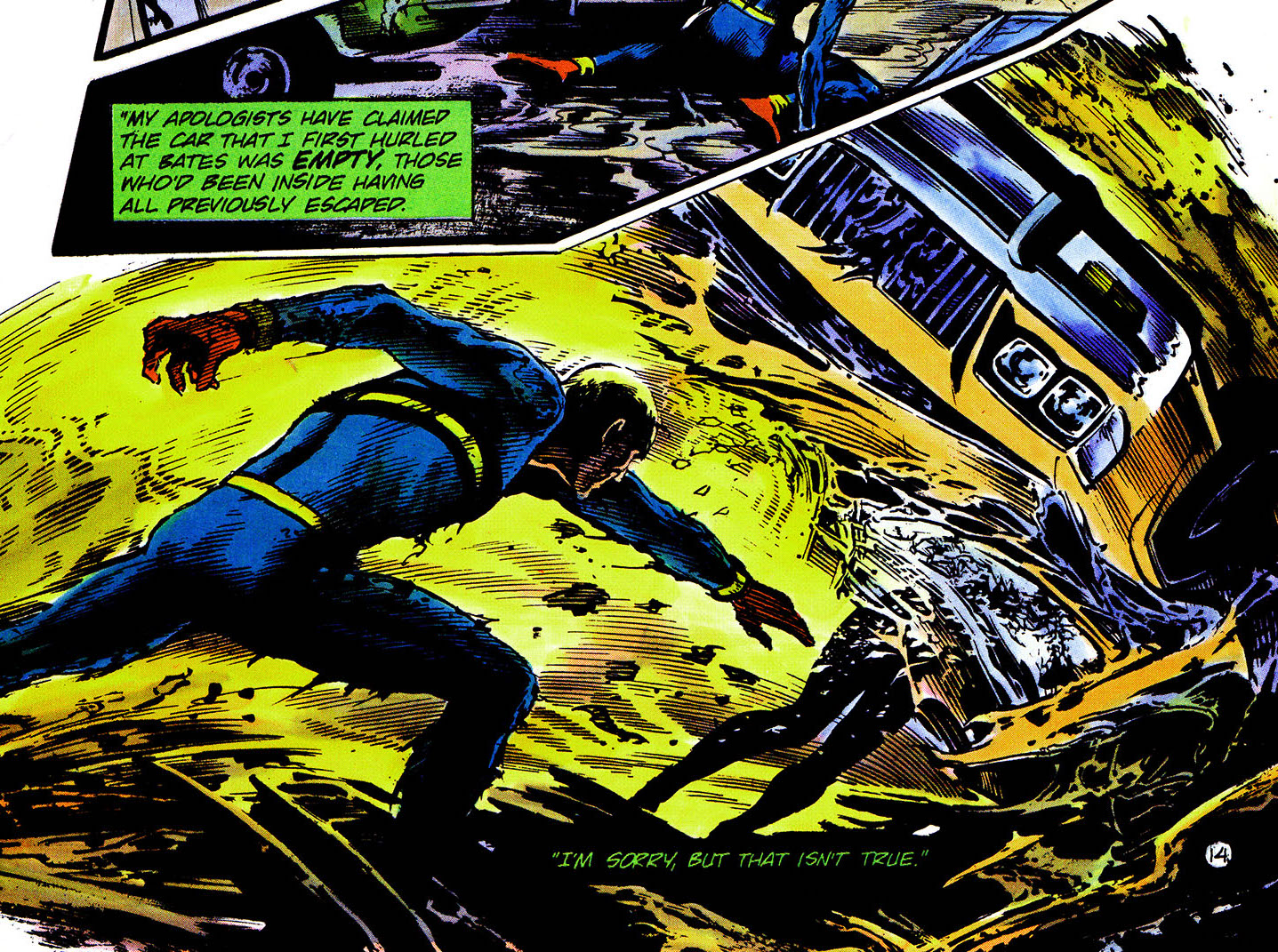Eco, Ur-Fascism, and Dogs
 Jack, as news of Umberto Eco’s death was breaking last night, Tweeted a link to his “Ur-Fascism” essay, which he is quite right to say is brilliant and worth (re)reading. To my deep annoyance I first came across it after I had written “Guided by the Beauty of Their Weapons” and had used an ad hoc definition of “fascism” for a key section when I could have just used Eco’s.
Jack, as news of Umberto Eco’s death was breaking last night, Tweeted a link to his “Ur-Fascism” essay, which he is quite right to say is brilliant and worth (re)reading. To my deep annoyance I first came across it after I had written “Guided by the Beauty of Their Weapons” and had used an ad hoc definition of “fascism” for a key section when I could have just used Eco’s.
For this revisions were invented, of course, and when reworking the essay for the book version (still for sale, by the way) I did just that. So since it’s relevant to the times and a good day to honor one of the greatest writers of the twentieth century, here’s the revised “On Fascism” section of the title essay, in which I argue that the Sad/Rabid Puppies movements are accurately described as “fascist.”
RIP Umberto Eco.
Part Four: On Fascism
I mentioned at the outset that this was not going to be a piece that made much of an effort to convince fascists not to be fascists. Here this becomes particularly important. I am not going to bother trying to refute the arguments that Theodore Beale has made for his positions. I am assuming, at this point, that you, as a reader, are in no way on the fence about fascism, that it is not a viewpoint you are seriously considering, and that you are appalled at Theodore Beale’s beliefs and disturbed by the fact that he has influenced a major and historic literary award.
Therefore, let’s not engage Beale on his own terms. The easiest mistake to make when trying to understand fascists is to think that they are best described in terms of a philosophy—as though fascism is a set of tenets and beliefs. This is a mistake that largely benefits fascists, who are generally disinclined to actually call themselves fascists, since they recognize that, much like “Nazis,” it’s not exactly a label that does a great sales job. On top of that, fascists have a remarkably well-developed vocabulary of jargon and a propensity for verbose arguments that puts me to shame. What this means is that if you attempt to get into some sort of practical, content-based argument with a fascist, you will suddenly find yourself staring down a thirty-item bulleted list with frequent citations to barely relevant and inaccurately described historical events, which, should you fail to address even one sub-point, you will be declared to have lost the debate by the fascist and the mob of a dozen people on Twitter who suddenly popped up the moment you started arguing with him. (And it’s always a him.)
In other words, this is manifestly neither a refutation of Beale’s positions nor of fascism in general. Rather, it’s an attempt to understand the “intellectual” traditions Beale follows, both explicitly and implicitly.
As a term, “fascism” is admittedly one whose definitions have become exceedingly broad. There are, these days, few adherents to the early 20th century fascist movements headed by Benito Mussolini and Francisco Franco in Italy and Spain, for instance.…




 There are fucking zombies everywhere these days. There are so many fucking zombies around these days that there are things complaining about how many fucking zombies there are around these days everywhere these days. There are so many things complaining about how many fucking zombies there are around these days that we’re on the verge of crossing a kind of things-complaining-about-how-many-fucking-zombies-there-are-around-these-days event horizon, whereupon all the things-complaining-about-how-many-fucking-zombies-there-are-around-these-days will collapse in upon themselves and be crushed to a things-complaining-about-how-many-fucking-zombies-there-are-around-these-days singularity. Or something. Whereupon there will suddenly not be many things-complaining-about-how-many-fucking-zombies-there-are-around-these-days. Or many fucking zombies, for that matter. No more than usual, anyways. No more than before the recession, which is the event which caused the already insane proliferation of zombies to escalate to a kind of meta-proliferation. The zombies will die down. Back to their original, natural level of presence and prominence. The only thing you can be sure of is that The Guardian’s arts/culture opinion writers will notice and announce it as an exciting new development (which they alone have noticed through their unique powers of penetration) exactly three years and eight months after the very last member of the category known as ‘Everyone Else’ already got sick of talking about how there don’t seem to be any zombies around these days.
There are fucking zombies everywhere these days. There are so many fucking zombies around these days that there are things complaining about how many fucking zombies there are around these days everywhere these days. There are so many things complaining about how many fucking zombies there are around these days that we’re on the verge of crossing a kind of things-complaining-about-how-many-fucking-zombies-there-are-around-these-days event horizon, whereupon all the things-complaining-about-how-many-fucking-zombies-there-are-around-these-days will collapse in upon themselves and be crushed to a things-complaining-about-how-many-fucking-zombies-there-are-around-these-days singularity. Or something. Whereupon there will suddenly not be many things-complaining-about-how-many-fucking-zombies-there-are-around-these-days. Or many fucking zombies, for that matter. No more than usual, anyways. No more than before the recession, which is the event which caused the already insane proliferation of zombies to escalate to a kind of meta-proliferation. The zombies will die down. Back to their original, natural level of presence and prominence. The only thing you can be sure of is that The Guardian’s arts/culture opinion writers will notice and announce it as an exciting new development (which they alone have noticed through their unique powers of penetration) exactly three years and eight months after the very last member of the category known as ‘Everyone Else’ already got sick of talking about how there don’t seem to be any zombies around these days.
 Part 1 of the essay can be found
Part 1 of the essay can be found 


